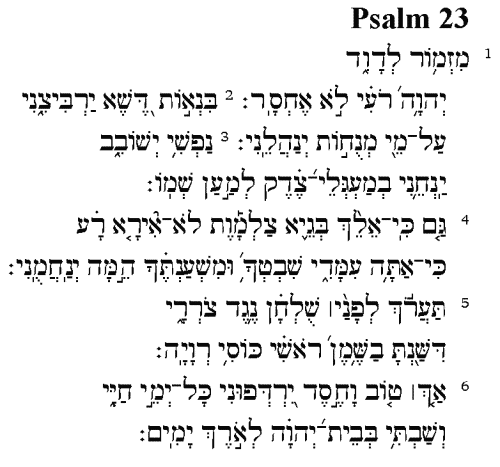The first published work from the 'giant' of Biblical Theology at Old Princeton was a manuscript entitled,
The Mosaic Origin of the Pentateuchal Codes (1886). Remarkably, Vos wrote the work when he was only 23 years old, and he won the Hebrew fellowship award for the work at his graduation from Princeton in 1885.
Vos' work was a direct critique of Julius Wellhausen's
Prolegomena zur Geschichte Israels (1883), a bombshell-work that provided the first extensive 'blueprint' [while drawing extensively from Karl Graf's earlier
Die geschichtlichen Bücher des Alten Testaments (1866)] of what would eventually become known as the '
documentary hypothesis' (DH) theory of the Pentateuch's origin. While virtually no one today would hold to the views as expressed by Wellhausen, the critical methodology employed would go on to dominate the academy of Old Testament and Semitic studies in the 20th century. Every time you read an OT book that speaks about a Jahwist ("J") , an Elohist ("E") a Deuteronomist ("D"), or a Priestly ("P") emphasis on any given text, it is all essentially a footnote to the well of Wellhausen. Gordon Wenham
noted in 1996 that "[t]his hypothesis is expounded in every introduction to the OT."
Without summarizing here all the arguments that Vos mounts against the DH, his critique summarizes nicely the problem inherent in the whole trajectory of source criticism. From the outset, he recognized that this matter was no trivial concern of text-critical minutia; rather Wellhausen's ideas touch upon "...the [very] heart of the Christian conception of
revelation" (Chapter 1). William Henry Green (Vos' OT professor at Princeton) notes in the book's introduction, "The issue involved is not merely that of the authorship of a given production, nor whether particular institutions took their rise in one century or in another. It is a question of the veracity of the sacred volume from first to last. The question is fundamentally that between rationalism and supernatural religion." Cornelius Van Til, a generation later, would no doubt be impressed with the kind of 'transcendental' critique from his fellow Dutchman and former teacher.
We shall quote the entirety of Chapter 4 here (the shortest chapter in the book, one paragraph in the original), entitled 'Incompleteness of the Codes':
"If we expect in the Mosaic Codes [i.e. Laws] a complete legislation in the modern sense of the word, we shall surely be disappointed. As modern society, or even Roman life, shaped itself, it presents many a feature in its legislation for which the Codes of ancient Israel have no correlative. But the principle of Israel’s constitution was radically different. The theocratic idea made every thing subordinate to itself; and the law presents this idea clothed in outward, ceremonial and civil forms. Accordingly, whatever is not so directly related to this one central conception as to be molded and transformed by it, is omitted, and left to existing usage or future provision. In this respect, the law does not preclude development or increase. It has a spirit as well as a letter, however the most recent critics may emphasize the latter, in order to substitute the notion of development for the former. On this point, diametrically opposite objections meet; for, whilst one finds fault with the law on account of incompleteness, another finds it far too elaborate and perfect for a nomad tribe just awaking to the first consciousness of a life of civilization. Both extremes may supplement and correct each other. We should constantly keep in mind, that the Mosaic legislation was intended for a peculiar people, that had a peculiar destiny. It was to live, to a large extent, isolated, and the more it could be protected against contamination by foreign influences, the better. There was no need of a Code that would provide for all the complicated relations that arise from a lively intercourse with surrounding peoples. On the other hand, the agrarian principle, on which the civil law proceeded, secured to every member of the Covenant-people an equal share in the promised inheritance of Canaan. It is obvious how largely this tended to simplify both public and private life among the chosen people. It would be historically wrong to institute a comparison between the Mosaic Codes and the Roman body of law. The Romans were the people of law par excellence: in Israel the law was a subordinate means to a higher and spiritual end, subservient and adapted to the peculiar position which the nation occupied, and to its unique calling in the history of God’s Church" (51-2, emphasis mine).
Here we see in condensed form what Vos will later expand on in his
Biblical Theology. The basic warf and woof of Vos' covenantal structuring of redemption, particularly as it relates to the Mosaic Covenant, seems to be there from the very beginning.
A concise and yet devastating blow to the overarching theonomic approach to the Old Testament.
 [HT: Upper Register]
[HT: Upper Register]





